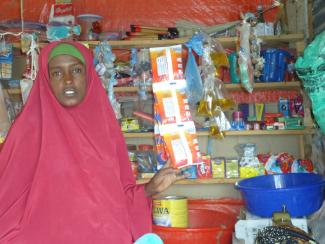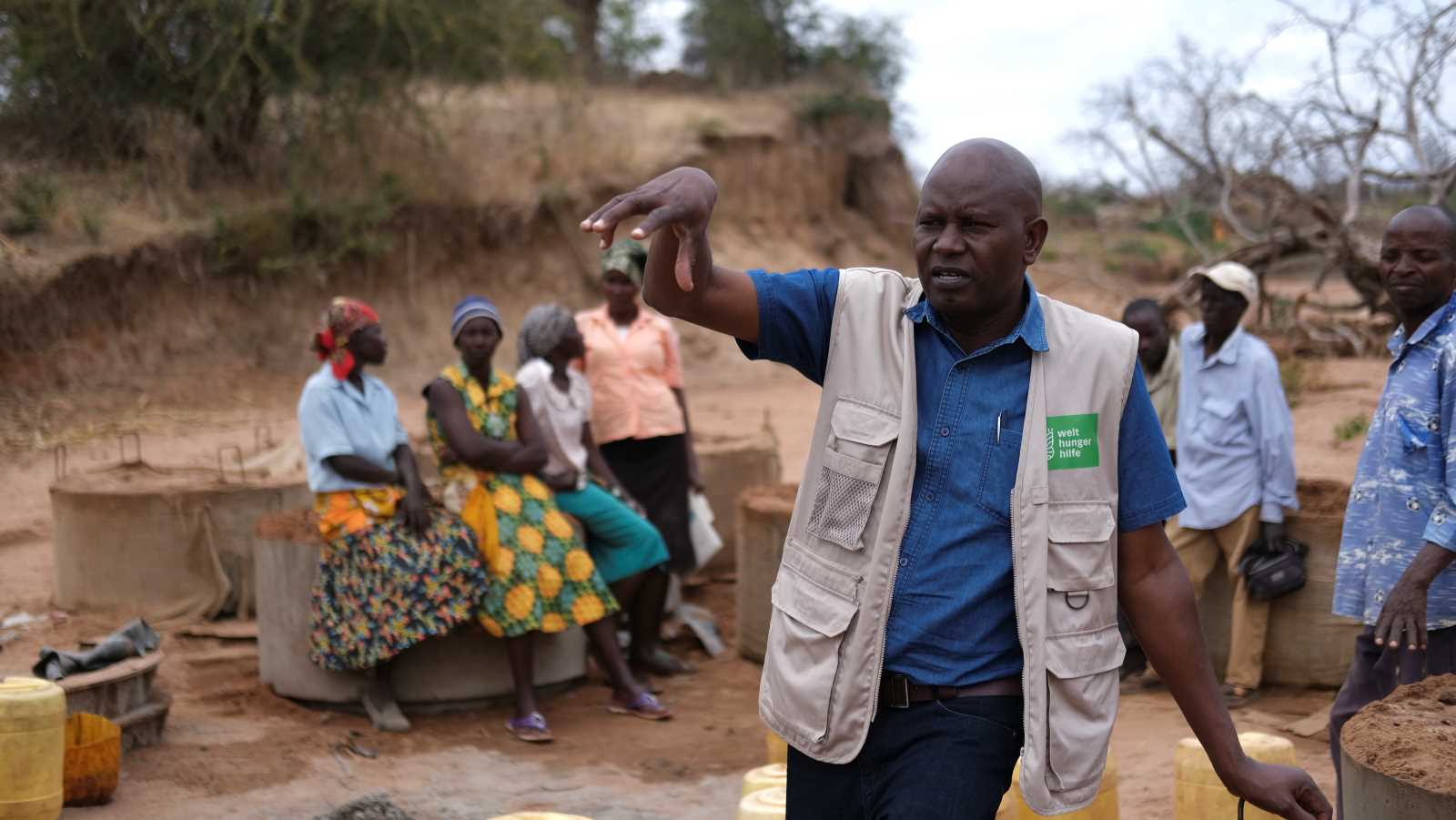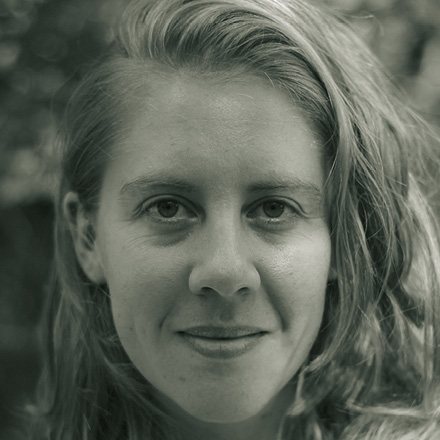Microfinance
Women’s economic empowerment

After 20 years of conflict and civil unrest in Somalia, Somalian society has dramatically changed. Women presently dominate many informal businesses. At the same time, their rights are not protected. Various forms of violence, exploitation and deprivation are prevalent in rural as well as urban communities. Rape, domestic violence, early marriage, forced marriage and denial of education are common too. Matters are made worse by chronic poverty, violent conflict and a state of lawlessness. Deep-rooted patriarchal structures reinforce the marginalisation and discrimination of women and girls in all spheres of life.
Somalia lacks a strong government that might provide basic services, create employment opportunities and protect human rights. Women are under extraordinary pressure. They must cope with economic challenges and shifting roles at the family level. They are expected to shoulder a wide range of productive and reproductive responsibilities. Apart from raising the children, cooking and washing, they must earn money.
In many urban families, the mother is now the main bread-winner, engaging in small-scale enterprises and home-based income generation. Activities include selling milk and meat, running teashops as well as producing garments and other artifacts. In rural communities, women and girls play a similarly critical role in livestock herding, planting, harvesting and the marketing of agricultural goods. At the same time, they are still responsible for all household chores.
Strong economic performance by women is a precursor for more social recognition and appreciation. Many women are becoming economically independent, so increasingly they make choices concerning their personal fate in pursuit of happier lives. Young girls want to go to school in order to learn and be able to find employment later in life. Mothers, moreover, tend to invest in girls’ education, whereas fathers do not. The stronger women become in the economic sphere, the more they are enabled to resist gender-based violence, benefit from basic services and opportunities, and demand greater participation in public life.
Long-term impact
The pressures on women are certainly immense. The fact that they must earn money in the current setting, however, is an opportunity to change role models and improve the status of women in the long run. The higher and the more sustainable women’s incomes become, the greater the long-term impact will be. Moreover, improving the situation of poor households – including those headed by women – will serve the stability of the country since economic growth is positively correlated with peace.
For these reasons, Vétérinaires Sans Frontières Germany (VSFG), a non-governmental organisation, is promoting women’s economic empowerment in Puntland. Puntland is a semi-autonomous region. Government institutions are quite weak. About one third of Somalia’s population live on its territory – and many of them are internally displaced persons (IDPs).
VSFG first made a multi-dimensional assessment of women’s situation in Galkayo. On this basis, the organisation developed an initiative to tackle income generation as well as gender-based violence. The initiative gets support from the EU and Germany’s Federal Ministry for Economic Cooperation and Development (via GIZ). Collaborators include the Italian relief organisation Gruppo per le Relazioni Transculturali (GRT), the community-based Galkayo Education Centre for Peace and Development (GECPD) as well as local authorities, including Puntland’s Ministry of Women Development and Family Affairs and the Galkayo municipality.
The economic empowerment of women has short-term and long-term benefits. Somali women tend to invest their money in the household and, unlike men, mostly do not indulge in the consumption of khat, a very popular, amphetamine-like stimulant. While men are involved in the funding of clan-support systems, women are not expected to make any such financial contributions. Accordingly, they can keep more money for the family.
The VSFG initiative aims to make women benefit more from small-scale income generating activities by improving their knowledge, skills and finances. Target groups include female vendors of meat and milk, small shopkeepers and hawkers. Many of them were displaced by conflict or drought, and many have survived gender-based violence. The initiative, moreover, raises awareness for violence issues and gender equality, reaching out to victims of violence, community elders and leaders of IDP camps.
The VSFG initiative gives business grants to selected women after providing relevant knowledge and skills training. The idea is to ensure that the funds are used successfully. Failure must be avoided, not least because it might put at risk livelihoods people have already found.
Promising experiences
Economic empowerment of women has proved to be beneficial and successful in terms of higher incomes, greater respect in public life and community development in general. Economically empowered women are forming and joining social groups, demanding rights, resisting violence and participating in the political space of their communities.
Farhiyo Yusuf, for instance, lives in the Halabokhad IDP camp in Galkayo with her husband and five children. She is from a rural area called Dhudub which is near the Ethiopian border. After several droughts, the family had to leave that region. Farhiyoo came to Galkayo with no means of livelihood in 2010. She settled in the biggest IDP camp in Galkayo, benefitting from a permanent shelter built by the Norwegian Refugee Council (NRC) and a business grant from the Danish Refugee Council (DRC). She bought a sewing machine for the equivalent of $ 250 and became the main bread-winner of her family. Her husband sometimes does casual labour, but it is difficult to find assignments. “It is mostly women in this camp that sustain their families”, Farhiyo says.
With a business grant worth $ 500 and some management training, she later started a small shop where she sells food and basic non-food goods. Moreover, she now owns a solar device she uses to recharge mobile phones for a small fee. She also repaid a loan worth $ 150 after receiving grant. She says that her daily profit is about three to four dollars a day, which allows her to live a happier life: “My future looks brighter now that I can feed my children better and pay their school fees.”
Siciido Samatar is a milk vendor in Galkayo. She is 40 years old. Her husband is unemployed, so he and the seven children depend on her income. She provides the money the family needs for food, electric power, water, school fees, the house rent and everything else. She used to procure milk on credit from wholesalers and sell it to local customers. She was busy from early morning until late at night. Thanks to a business grant from VSFG, she no longer procures milk on credit. She manages to sell up to 75 litres and earn about eight dollars daily.
“After receiving the grant, I repaid all debts and bought a refrigerator,” Siciido reports. She can now keep her supplies longer and attract more customers. She says she is considering to save money to start other small businesses in order to make more money.
Siciido belongs to a cooperative-live association of women involved in the milk business. Thanks to VSFG, the group has space in a building. It has also benefitted from training programme. It is running a savings scheme and manages some transactions collectively. Siciido is in charge of the money. She says the group helps her own business to thrive: “We share information and resources, solve problems and rise to challenges together. We also manage our sales as a group when that makes sense,” she says.
The VSFG business grants must be well considered, for otherwise they will not improve a family’s situation. It is a huge challenge to select the right beneficiaries in an environment marked by poverty and the general lack of opportunities. If a grant is too small, moreover, it will not make an impact, but if it is too big, it will cause envy.
Further challenges
Obviously, women’s economic empowerment is no panacea to the plight of Somali women. So far, there are no laws and regulations that would protect women’s rights. The authorities aren’t doing much in terms of policy either. Women are still vulnerable in many ways. For instance, men sometimes demand too much money from their wives and resort to violence if they do not get what they want. No doubt, Somalia needs a stronger sense of rule of law.
Another issue is that women continue to be responsible for all reproductive household activities regardless of how much money they earn. Taking care of the children is a huge burden. For women to be fully empowered to earn money, these issues need reconsideration. Unless women earn money, however, that is unlikely to happen at all.
Abdirahim S. Gure works for Vétérinaires Sans Frontières Germany (VSFG) in Somalia.
abdirahim.gure@vsfg.org











